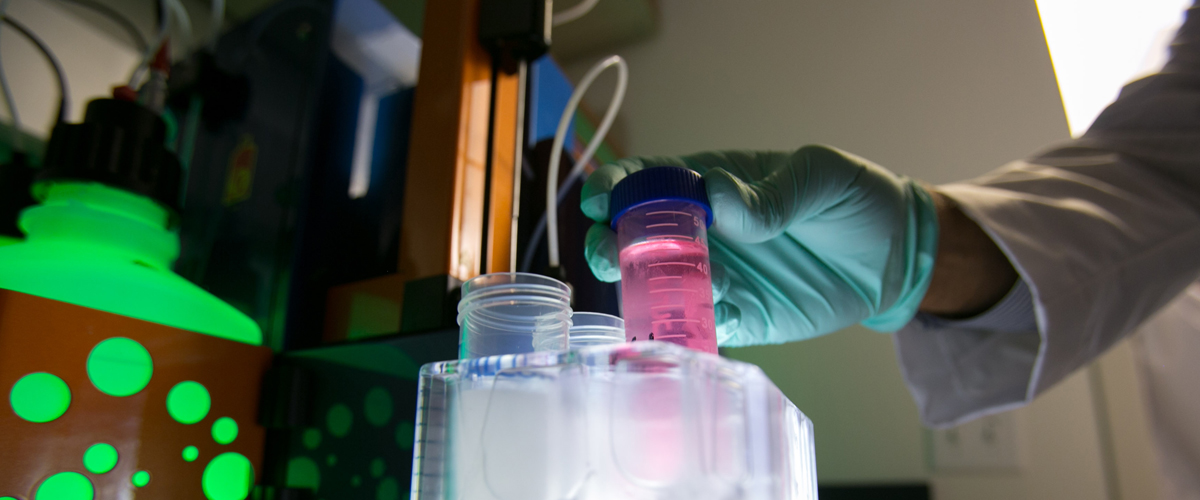
Dr. Paul Sondel, the Reed and Carolee Walker Professor in Pediatric Oncology, has an extensive background in genetics and tumor immunology. Under his leadership, a team of UW-Madison researchers is making significant advances in maximizing cure rates for high-risk childhood cancers—and changing the face of cancer research nationwide.
Due to their innovative approach to targeting cancer cells without harming healthy tissue, Dr. Sondel and his team have been asked to join the pediatric oncology “Dream Team” by Stand Up to Cancer, the American Association for Cancer Research, and the St. Baldrick’s Foundation. Representing unique collaborations across multiple disciplines, this alliance of 7 research groups is the only pediatric cancer Dream Team in North America.
Progress in pediatric cancer research is at a crossroads. Researchers have made strides in understanding the biology of cancer, but therapies have not yet caught up to that understanding: Current treatments are toxic, and may leave survivors with lifelong health issues. The team at University of Wisconsin is looking to accelerate the development of novel cancer therapies—treatments that have fewer side effects than traditional methods—by uniting the fields of genomics and immunotherapy.
Dr. Sondel and his team have found that the human immune system can be an effective ally in treating cancer, and have developed a method of stimulating the immune response via a specialized antibody that binds to tumors. The antibody attracts white blood cells, which destroy cancer cells that remain after surgery, radiation, and chemotherapy.
The team’s research has contributed to dramatic changes in the treatment for neuroblastoma, the most common cancer in infancy. Neuroblastoma develops from immature nerve cells, most commonly in children younger than 5. The UW team has already demonstrated dramatic improvements in the survival rate for children with this high-risk disease: Before immunotherapy was possible, affected children faced a 40 percent chance of survival. Immunotherapy treatment has boosted the survival rate to nearly 60 percent.
With a dedication to understanding tumor immunology, increasing cure rates, and improving quality of life for patients, the Dream Team is determined to be the beginning of an end to cancer.
